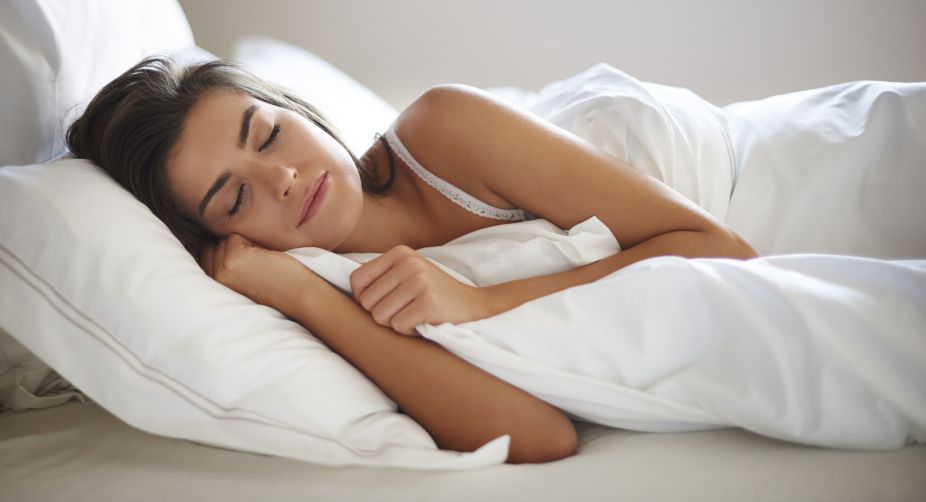People who fall asleep within 30 minutes or less and wake up no more than once at night qualify for several health benefits associated with good sleep, researchers have suggested.
Sleeping more time while in bed (at least 85 per cent of the total time) and being awake for 20 minutes or less after initially falling asleep are other key determinants of good quality sleep issued by the US non-profit National Sleep Foundation (NSF).
Advertisement
The researchers used at-home sleep technology devices — gadgets worn throughout sleep or placed on the bed stand — to analyse the amount of deep and light sleep people get each night, how frequently one wakes up and the length of tossing and turning on the bed.
"Millions of Americans are sleep technology users. These devices provide a glimpse into one's sleep universe, which is otherwise unknown and provide consumers with the resources needed to understand their sleep," said Max Hirshkowitz, Chairman at NSF.
According to NSF's recent Sleep Health Index, as many as 27 per cent of people take longer than 30 minutes, on average, to fall asleep.
Sleep deprivation may result in impairment of judgement, depression, heart problems, obesity and drastic reduction in general well-being of an individual.
The report, published in the journal Sleep Health, also highlights areas where research is needed to identify and further delineate additional indicators of good sleep quality across age groups.











